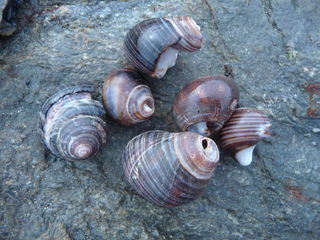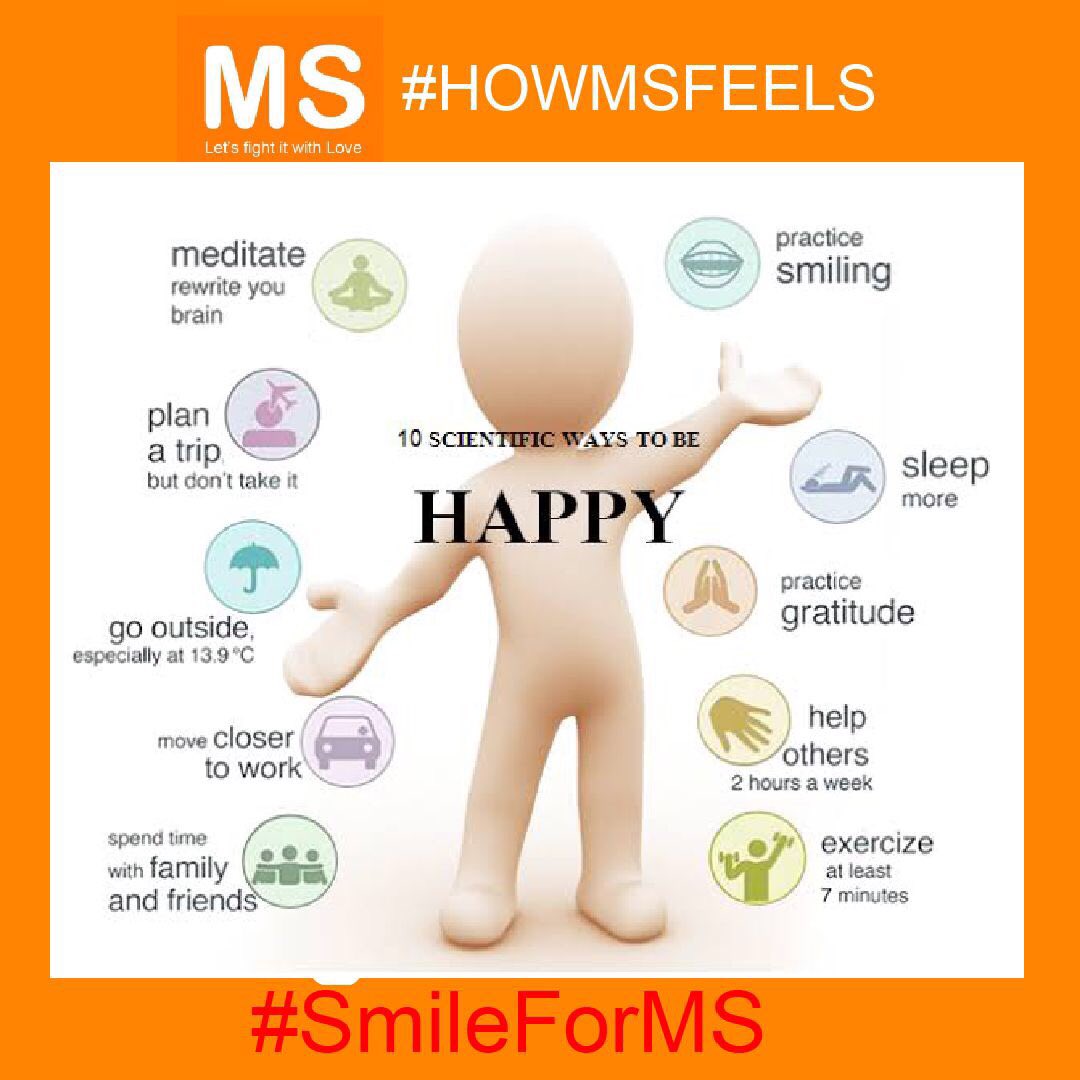Stay Positive
- Alert Camus
Wednesday, March 27, 2019
Monkeys and Dogs: Horse outside liquor store
Monkeys and Dogs: Horse outside liquor store: Horse outside liquor store ’Thunder’ was photographed ‘parked’ outside the BC Liquor Store at Wembley Mall in Parksvil...
Sunday, March 24, 2019
Tartini Violin Sonata in G minor ''Devil's Trill Sonata''
Tartini Violin Sonata in G minor ''Devil's Trill Sonata''
Violin Sonata in G minor:1. Larghetto affettuoso
Tartini Violin Sonata in G minor ''Devil's Trill Sonata''
Violin Sonata in G minor:1. Larghetto affettuoso
3. Andante2. Allegro moderato
3. Allegro assai-Andante-Allegro assai
ANNE-SOPHIE MUTTER ~ Mozart Violin Concerto # 3 in G major - Camerata Sa...
ANNE-SOPHIE MUTTER ~ Violin
HD AUDIO and VIDEO
K.216 was Mozart's "break out" concerto for violin and orchestra with its flamboyant French style in its opening movement. Anne-Sophie Mutter plays and conducts the Camerata Salzburg Orchestra in another outstanding performance by the virtuoso violinist.
Thursday, March 21, 2019
Never Give Up
Don't Quit
Don't quit when the tide is lowest,
For it's just about to turn;
Don't quit over doubt's and questions,
For there's something you may learn.
Don't quit when the night is darkest,
For its just a while 'til dawn;
Don't quit when you've run the farthest,
For the race is almost won.
Don't quit when the hill is steepest,
For your goal is almost nigh;
Don't quit, for you're not a failure
Until you fail to try.
By: Jill Wolf
Tuesday, March 19, 2019
Don’t sweat the small stuff. That’s how the saying goes, right?
This is an interesting take on a popular self-help book:
How to make an attitude adjustment by using his uplifting approach:
“Life is ten percent what you experience and ninety percent how you respond to it.”
Don't Sweat the MS
But what if the seemingly smaller aspects of your life are actually the ones that drive your engine and spirit?
Life with multiple sclerosis is not easy.
Energy needs to be rationed.
The odd and sometimes agonizing sensations never cease.
Pain is constant.
The quantity and quality of vision and mobility is negotiated on a moment-to-moment basis.
I once had a bad relapse that caused foot drop, prohibiting me from walking straight because my left foot dragged behind me.
Blurred and limited vision is a regular occurrence.
Vertigo surprises me often.
These ailments were and are incredibly difficult to cope with, but I feel oddly energized to fight them and continue on.
http://www.msconnection.org/Blog/March-2017/Don-t-Sweat-the-MS
Monday, March 18, 2019
Breathing Calm Into Your Anxious Brain and help you stop worrying
"Our brains are literally hardwired to worry about things, but in this digital and modern age, it can be hard for our brains to pick and choose the things it needs to focus on."
Deborah L. Davis Ph.D.
Laugh, Cry, Live
10 Easy Steps for Breathing Calm Into Your Anxious Brain
How meditative breathing soothes your hyper-alert brain and restores calm.
Posted Mar 28, 2016

Source: Deborah L. Davis
Your brain is brilliantly wired to react to life-threatening danger.
When it perceives a threat, your core brain instantly shifts into “survival mode,” sending a cascade of stress hormones like adrenaline into your blood stream.
This flash stress response enables you to deftly dodge wild beasts, harsh weather, and famine. And when your life isn’t threatened, which is likely the vast majority of the time, you’re brilliantly wired for calm.
In fact, “calm” is your brain’s normal default setting. It allows your physiology to run smoothly in a state of “rest and digest.”
This relaxed calm gives you a sense of internal composure and emotional balance.
When you’re humming along in calm, you are serene, focused, and content.
And after any "survival mode" stress reaction, your brain is also wired to automatically recover this calm state.
But what if you’re feeling moderately stressed-- perhaps on edge, high strung, excitable, irritable-- with no recovery in sight?
You may even harbor a chronic feeling of anxiety.
Maybe you can’t exactly put your finger on it, but you just feel in danger all the time, as if an axe is about to fall.
How can this be?
After all, you may not even recall a time when your life was truly endangered.

Source: Deborah L. Davis
That's because even though you’re not running from the occasional wild beast, you have daily responsibilities and obligations to meet, accompanied by deadlines, due dates, and gridlock.
Even though you’re not struggling with harsh weather, you’re separated from the rhythms of nature and exposed to electric lights that keep you awake too much of the time.
And even though you’re not concerned with averting famine, you create long to-do lists, endure longer commutes, and experience the longest lines whether you’re at the store, in airport security, or “on hold” with the health insurance company.
Technology itself gives us all the impression that the more balls we can juggle in the air and the faster we can juggle them, the more accomplished, successful, rich, and popular we will be.
Unfortunately, when moderate stress is perpetual, a moderate amount of stress hormones are coursing through our veins, and we aren't equipped with an automatic reset button that shifts us from hyper-alert back to calm.
As a result, your brain can get stuck there, resulting in that feeling of chronic stress and anxiety.
And while it can help to simplify your life and resist hyper -extending yourself, if your default setting is “hyper-alert” what you really need is a way to get your brain's default setting back to "calm."
But how can you accomplish that?
In a word, mindfulness.
Research shows that practicing mindfulness can actually change your brain, strengthening structures and connections that boost your resilience in the face of stress.

Source: Deborah L. Davis
Benefits include:
- increasing your tolerance of stress, so you’re less easily thrust into hyper-alert mode;
- improving your ability to regulate the anxiety rising from your core brain and restore calm;
- improving your ability to regulate your behavior, such as directing your attention, being flexible, and
- responding appropriately, so you generally feel more calm and civilized;
- improving your ability to plan, solve problems, and make sound decisions, so you feel like you can function better.
In short, practicing mindfulness calms your brain’s reactivity and recovers your brain’s strengths.
If you are new to mindfulness, you may feel skeptical. After all, how can you become mindful when you feel like you’re out of your mind?
But your first move is simple: try this meditative breathing exercise, which you can learn even when you feel like you have very little brain space to spare.
To do this, here are 10 easy steps:
Get into a comfortable position, where you can relax fully supported and aligned, such as lying down or sitting up, with legs uncrossed
Close your eyes, or turn your gaze to the floor in front of you or the ceiling above you.
Scan your body, noting its sensations of pressure and touch, wherever there is contact with the surface you’re resting on. Spend a couple of minutes on this.
Then move your attention to your breathing, just as it is.
Notice how each inhale invites air into your lungs and each exhale empties your lungs.
Notice the still moments between inhaling and exhaling, exhaling and inhaling.
Become aware of how your abdomen rises and falls, resting a hand there if it helps your attention.
Naturally, your mind will wander. That’s what minds do.
Become aware of your mind wandering away into thought.
Escort your attention back to your body and breath.
Each time you become aware that your mind has wandered away into thought, escort your attention back to your body and breath.
Be kind and patient, viewing your mind wandering as an opportunity to practice awareness and redirecting your attention.
Notice the infusion of calm, in the moment.article continues after advertisement
Set aside ten minutes (or more) for this exercise.
Practice this meditative breathing at least once daily, and over time, you may notice a perpetual calm replacing your perpetual distress.

Source: Deborah L. Davis
Particularly if you’re feeling “stuck,” you may need to pursue this kind of therapy first, before you can summon the energy to learn mindfulness skills.
Or you may simply need to add to your mindfulness toolbox.
This post looks at more simple practices you can do to soothe your brain back into calm.
Adopt habits of daily living that support the way you're wired, so you can thrive.
Slow down, get outside, and move your body.
Communication: Make eye contact and lean into each other.
Convenience: Revel in your chores and eat nutrient-dense foods you gather and prepare yourself.
Use energy and resources mindfully and practice gratitude for the comforts you enjoy.
Try to integrate as many of these habits as you can. By being consistent and mindful, you can make a real difference in the quality of your life. Your brain, your body, and your spirit will thank you.
By Deborah L. Davis, Ph.D. is a developmental psychologist
Suggested Reading:
The Mindful Way through Depression: Freeing Yourself From Chronic Unhappiness, by Mark Williams, John Teasdale, Zindel Segal, and Jon Kabat -Zinn
A Calm Brain: How to Relax into a Stress-Free, High-Powered Life, by Gayatri Devi
The Mindful Way Through Stress: The Proven 8-week Path to Health, Happiness, and Well-Being, by Shamash Alidina
Why Zebras Don’t Get Ulcers: The Acclaimed Guide to Stress, Stress-Related Diseases, and Coping, by Robert M. Sapolsky
Link: https://www.psychologytoday.com/ca/blog/laugh-cry-live/201604/mindful-habits-offset-the-stresses-modern-living
Deborah L. Davis Ph.D.
PerinatalHospice.org
@PerinatalHospic
Resources for continuing a pregnancy with a life-limiting prenatal diagnosis. A Gift of Time (Johns Hopkins University Press). All tweets by @AmyKuebelbeck
Saint Paul, Minnesota USA
10 Scientific Ways to be Happy

10 Scientific Ways to be Happy
Meditate
Plan a Trip
Go outside
move closer to work
spend time with family and friends
sleep more
practice gratitude
help others
exercise
Smile often
Friday, March 15, 2019
Choose Your Poison: Dr. Dean Ornish: UnDo It! Reversing Chronic Diseas...
Choose Your Poison: Dr. Dean Ornish: UnDo It! Reversing Chronic Diseas...: Living with multiple sclerosis Living with multiple sclerosis has necessitated choosing a healthy lifestyle and Dean Ornisg provided the ...
Choose Your Poison: Dr. Dean Ornish: UnDo It! Reversing Chronic Disease with Lifestyle ...
Living with multiple sclerosis
Living with multiple sclerosis has necessitated choosing a healthy lifestyle and Dean Ornisg provided the best science based healthful living ideas.
Dr. Dean Ornish has been our food guide since I read his first book. Nathan Pritikin had already influence my thinking about healthy eating. Ornish has produced many science based studies, unlike most diet gurus that simply make unsubstantiated claims. He has continuously expanded his lifestyle medicine applications so i'm passing on updated information.
The author, Dean Ornish, founder of the nonprofit Preventive Medicine Research Institute, is no newcomer to these nutrition debates. For 41 years he has been touting the benefits of very low-fat, high-carbohydrate, vegetarian diets for preventing and reversing heart disease
Dr. Dean Ornish: UnDo It! Reversing Chronic Disease with Lifestyle
Dr. Dean Ornish is the founder and president of the nonprofit Preventive Medicine Research Institute, clinical professor of medicine at the University of California, San Francisco, and the author of six books, all national bestsellers. He has received numerous honors, including the Outstanding Sound Alumnus Award from the University of Texas, Austin, and the National Public Health Hero Award from the University of California, Berkley. Dr. Ornish was recognized as a "Time 100 Innovator"; by Life magazine as "one of the 50 most influential members of his generation"; by People as "one of the most interesting people of the year"; and by Forbes as "one of the world's seven most powerful teachers."
In this interview we discuss his new book, "UnDo It! How simple lifestyle changes can reverse most chronic diseases." His tenants are Eat Well (hint...it's plants), Move More, Stress Less, Love More. Dr. Ornish is such a joy to speak to and we had an incredible discussion and he shared his past that brought the insight of lifestyle interventions to reverse chronic disease. After almost 40 years of research (which could fill a volume of books), Dr. Ornish, has the expertise and experience to help lead to a brighter future! Please share this interview and check out Dr. Ornish's book, here. https://undoitbook.com
Find out more about Dr. Ornish at http://ornish.com.
Facebook.com/ornish
Twitter: @deanornishmd
Thank you for listening and sharing! Please rate our podcast where you listen and check out many amazing resources we offer about the whole food plant based diet at
Monday, March 11, 2019
Kathleen Battle - Rossini: Una voce poco fa
Kathleen Battle - Rossini: Una voce poco fa
From the opera Il Barbiere di Siviglia by Gioacchino Rossini
Recorded in Antwerpen December 1984 From the TV show:
Rene Kollo - Ich lade gern mir Gäste ein.
Dvořák - Song to the moon - Renée Fleming, Last night of the Proms - SEP...
Jiri Belohlavek (Conductor)
BBC Symphony Orchestra
Last night at the Proms 2010
London Royal Albert Hall...
English Translation of "Song to the Moon"
Moon, high and deep in the sky
Your light sees far,
You travel around the wide world,
and see into people's homes.
Moon, stand still a while
and tell me where is my dear.
Tell him, silvery moon,
that I am embracing him.
For at least momentarily
let him recall of dreaming of me.
Illuminate him far away,
and tell him, tell him who is waiting for him!
If his human soul is, in fact, dreaming of me,
may the memory awaken him!
Moonlight, don't disappear, disappear!
Your light sees far,
You travel around the wide world,
and see into people's homes.
Moon, stand still a while
and tell me where is my dear.
Tell him, silvery moon,
that I am embracing him.
For at least momentarily
let him recall of dreaming of me.
Illuminate him far away,
and tell him, tell him who is waiting for him!
If his human soul is, in fact, dreaming of me,
may the memory awaken him!
Moonlight, don't disappear, disappear!
Sunday, March 10, 2019
SERENITY PRAYER ADAPTED FOR ADD
SERENITY PRAYER ADAPTED FOR ADD
God grant me the serenity to accept the things I cannot change;
The insight to prioritize wisely what I want to change;
The patience to resist trying to control everything I could, had I the energy and time;
The courage and skill to change the things I have chosen to change;
And the wisdom to know the differences among all these.
- Dr. Edward Hallowell
Chief Seattle and others Quoted
Changing Worlds is a great concept and not unlike the idea of reincarnation. Better if you don't like the idea of returning to this revolving slaughter house.
Not to laugh, not to lament, not to curse, but to understand. - Spinoza
I drink not from mere joy in wine nor to scoff at faith -- no, only to forget myself for a moment, that only do I want of of intoxication, that alone. - Omar Khayyam
...see the strong inducement to this excess; for he who makes a beast of himself gets rid of the pain of being a man." - Samuel Johnson
All things share the same breath - the beast, the tree, the man... the air shares its spirit with all the life it supports.
Take only memories, leave nothing but footprints.
Man does not weave this web of life. He is merely a strand of it. Whatever he does to the web, he does to himself.
Chief Seattle/Quotes
Saturday, March 9, 2019
Disability Arts

CBCVerified account @CBC
Most commonly, accessibility is an afterthought in the arts — if it's a thought at all. But producers in disability arts are working to make access part of the performance. | @CBCArts
Subscribe to:
Posts (Atom)